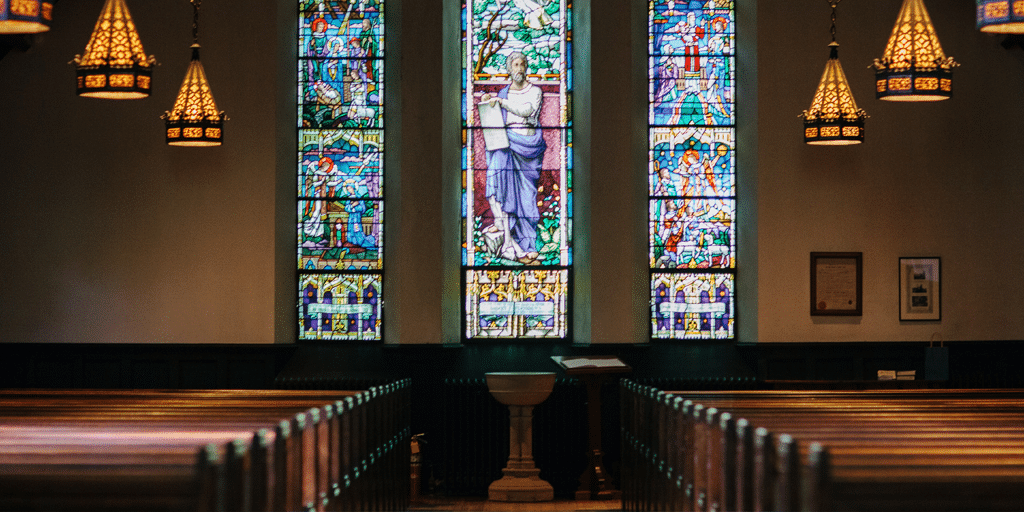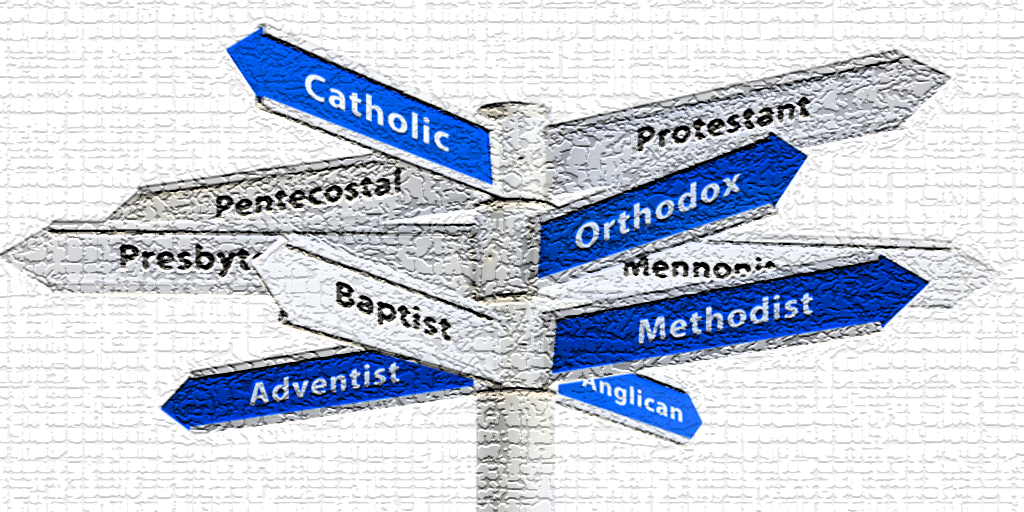The Essential Service of the Church

During a recent news conference, President Trump stated, “I’m identifying houses of worship — churches, synagogues and mosques — as essential places that provide essential services.” What is the essential service of the church?
Essential services have been defined throughout the coronavirus pandemic as services necessary for the continuation of society. Some of these include medical services, truck drivers, gas station employees, grocery workers, and pharmacists. How do churches fit into these types of services?
Culturally, an argument can be made that churches serve essential needs within communities. For example, a local church often provides services such as a food pantry or counseling needed by members unable to obtain similar help elsewhere. These needs could certainly be included within essential services.
Yet Scripture also offers insights regarding the essential nature of the church. Calling the church the body of Christ, the apostle Paul offers these words in Ephesians 4:12-13, noting the essential role of church leaders as those who “equip his people for works of service, so that the body of Christ may be built up until we all reach unity in the faith and in the knowledge of the Son of God and become mature, attaining to the whole measure of the fullness of Christ.” His words address four areas of essential service in the church.
First, church leaders equip people. More specifically, church leaders equip believers in Jesus to serve the needs of others. This is an example of an essential service of the church. Think about it: How many of today’s hospitals, orphanages, universities, and other areas of service in our country originated from Christians in local churches? Even the nation’s first college, Harvard University, began as a place to educate and train believers for service to God.
Second, church leaders help unite people. Paul notes one role of Christian leaders is to help the church to be “built up until we all reach unity in the faith.” True church leaders unite their people around biblical teaching and in love to one another and neighbor.
Third, church leaders educate people. Verse 13 adds the aspect of the “knowledge of the Son of God.” Service and unity are built upon the foundation of accurate teaching. When pastors and other church leaders help influence the worldview of those they serve in the proper way, their members can stand firm in their faith without fear. An increase in God’s sovereign control and His purposes for our lives will stabilize otherwise frightened individuals through times of testing.
Fourth, church leaders help mature people. The overall goal of serving God’s people remains to bring them to spiritual maturity. Why? As believers mature, they invest their lives in what matters most, loving God and loving people. Mature believers help make disciples (Matthew 28:18-20) and walk with purpose. When church leaders flourish, their people do as well.
Yes, President Trump is correct that churches are essential services. Many have taken their churches and church leaders for granted, only attending services when it’s convenient or offering halfhearted commitment to their congregation. The COVID-19 pandemic offers a clear call to reinvigorate our roles as church leaders and church members, seeking to gather together with a fresh passion for the Lord and service to others.
Hebrews 10:24-25 reminds us, “And let us consider how we may spur one another on toward love and good deeds, not giving up meeting together, as some are in the habit of doing, but encouraging one another—and all the more as you see the Day approaching.” May the reopening of our local church gatherings remind us of the tremendous importance of encouraging one another as we serve the Lord during these important days.
Share this article now with a pastor or person in your church as you begin regathering as a church family!








